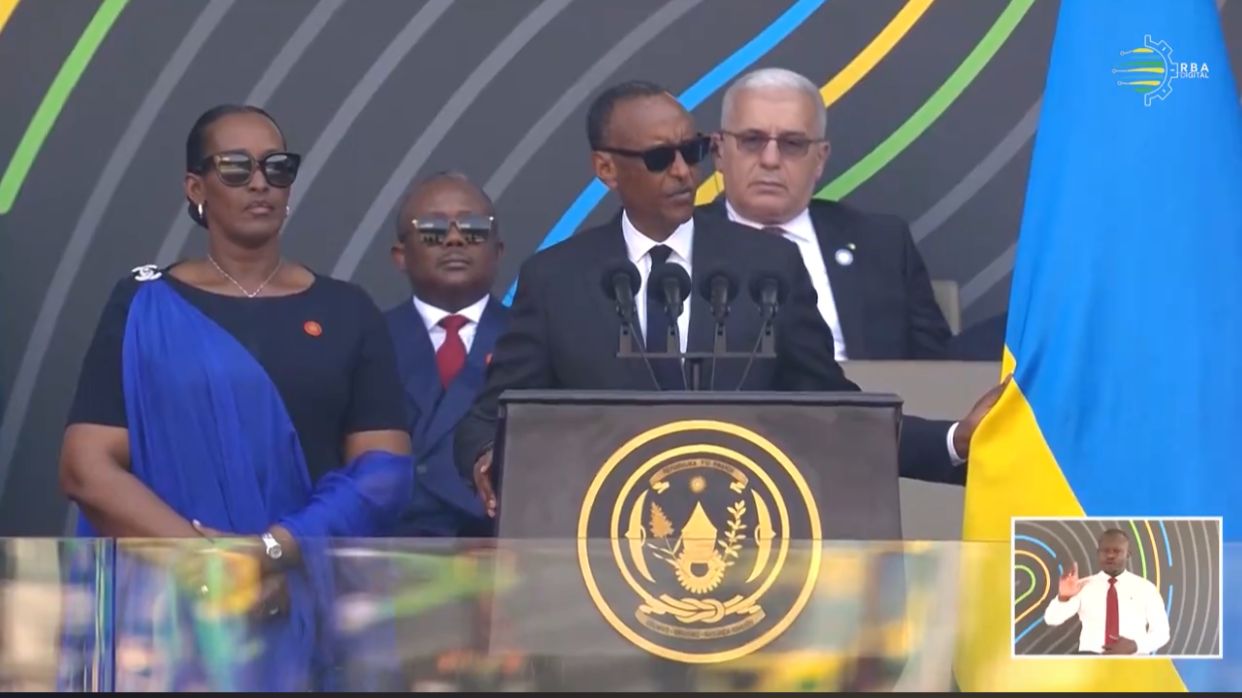International
Rwanda: Kagame Begins Fourth Term As President Amid Concerns Over Extended Rule

Paul Kagame has been sworn in for a historic fourth term as Rwanda’s president.
With this new mandate, Kagame’s reign will extend beyond 31 years, thus, sparking both admiration and apprehension about Rwanda’s future under his leadership.
Kagame’s ascent to power is steeped in the nation’s darkest history. In 1994, he led the Rwandan Patriotic Front (RPF) to a decisive victory against Hutu extremist forces, bringing an end to the genocide that claimed the lives of over 800,000 people.
In the aftermath, Kagame emerged as the architect of a new Rwanda, committed to unity, reconciliation, and rebuilding. His early years in power were marked by widespread international praise for his ability to transform a fractured nation into a model of stability and economic growth in Africa.
Yet, as the years have rolled on, Kagame’s rule has become increasingly characterized by an iron grip on power.
He has skillfully navigated the political landscape to secure constitutional amendments, allowing him to serve multiple terms, while systematically silencing opposition voices and curbing media freedoms.
Critics argue that Rwanda’s democratic evolution has stalled, overshadowed by Kagame’s authoritarian tendencies.
Despite the criticism, Kagame enjoys significant support within Rwanda.
His leadership is credited with the country’s remarkable economic transformation, with Kigali often cited as one of Africa’s cleanest and safest cities.
Supporters see Kagame as a necessary stabilizing force, a leader whose vision and decisiveness have propelled Rwanda to unprecedented heights.
Advertise or Publish a Story on EkoHot Blog:
Kindly contact us at [email protected]. Breaking stories should be sent to the above email and substantiated with pictorial evidence.
Citizen journalists will receive a token as data incentive.
Call or Whatsapp: 0803 561 7233, 0703 414 5611







